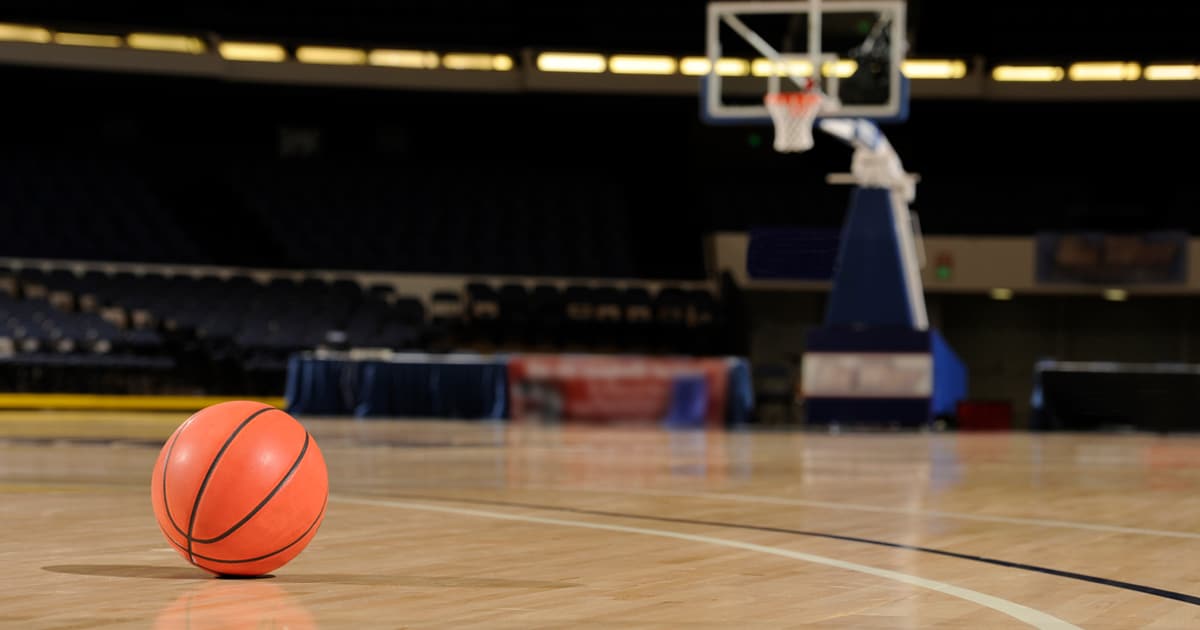It’s hard to argue that ESPN isn’t the most established name in sports media. It’s just as hard to deny…
Sports Sponsorships Can Be Terminated

The Robert Sarver story seemingly came to a head last week when the NBA announced a one-year suspension coupled with a $10M fine for the embattled Phoenix Suns owner.
Many people both close and far from the situation felt that Mr. Sarver’s punishment amounted to a slap on the wrist. The news cycle picked up comments from fellow owners, players, and even fans. Then a bomb purported to be worth $3M annually was dropped. PayPal, a sponsor that’s deeply intertwined with the team with everything from concession sales to logos on their uniform, announced that they will ‘cancel’ their contract with the Suns if Robert Sarver remains with the team after his suspension.
That’s a gut punch from a sponsor that you don’t see very often. “You either get rid of the owner or we terminate our contract with you…” That’s an unusual but calculated move by a well-run, sophisticated, and forward-thinking company.
PayPal is wisely getting ahead of the issue here. Whereas the Phoenix Suns are a great organization with many outstanding people, it has become readily apparent that their majority owner has engaged in unacceptable behavior. In my opinion, PayPal’s reaction was appropriate, timely, and well-executed.
Why? PayPal is a platform primarily targeted to first-adapting Gen X, Gen Z, and Millennial audiences. Arguably, these groups of consumers represent the most socially conscious there is when it comes to their purchasing habits. Regardless of what happens next, their brand will remain untarnished in the eyes of their primary target audiences.
—
(EDITORS NOTE: On Wednesday morning, September 21st, Robert Sarver announced that he is relinquishing his role as majority owner of the Phoenix Suns. Whereas there were many parties calling for this to happen, pressure from a primary sponsor most likely played a big role in his decision.)
—
WHEN CAN BUSINESSES TERMINATE SPONSOR CONTRACTS WITH TEAMS
This most certainly is not the first time we’ve seen brands distance themselves from an embattled athlete or team. Brands do not and should not spend thousands, if not millions of dollars to be associated with unacceptable social behavior. That being said, challenges like this can occur with both parties involved in a sports sponsorship opportunity.
Most, if not all, sports contracts carry a force majeure clause which essentially states that extraordinary circumstances can result in the termination of a contract. It’s worth noting that both teams and sponsors can execute a force majeure action based on just how it’s defined. It’s not super common, but it does happen.
All brands (including teams) have the right to protect their image. A high-profile misstep or other negative circumstance that reflects poorly on either party is most certainly a reason to consider termination of a business relationship.
This is especially relevant for the times. Everyone is operating in a world where there is a greater degree of emphasis on social consciousness. If your brand or team is involved with a party that makes an egregious social misstep, it’s time to take legal action to terminate that relationship.
HOW CAN BRANDS (AND TEAMS) PROTECT THEMSELVES?
Sports sponsorship contracts are typically lengthy and buttoned up from a legal perspective. As I stated previously, almost all of them contain a force majeure clause. That being said, if I were a brand (or a team) negotiating a sports sponsorship opportunity, I might look to go beyond a standard contractual clause and add verbiage more specific to the circumstances of social irresponsibility.
That very well may create the need for deeper negotiations between both parties. Sports teams don’t want to resell sponsorship assets in the middle of a contract. Sponsors don’t want marketing assets yanked from them unexpectedly. Any verbiage designed to address potential issues regarding social responsibility needs to be specific and mutually agreed upon. Creating vague conditions that allow for the early termination of a contract can be bad for the team and the sponsor.
In one sense, and I’m sure some lawyers would argue, the force majeure clause is sufficient in addressing this issue. If I’m negotiating a sports sponsorship, I would pay more attention to this component of your contract as, historically, it hasn’t been as important to either party.
I’d also really like to give additional credence to each party doing their homework before engaging in a sponsorship relationship. Admittedly, this is much easier said than done, but oftentimes the pressure to get a deal done precludes due diligence from both parties.
Still, it’s good advice that both team and sponsor take a minute to consider just who they are doing business with. Although challenging and limited to the period of analysis, I would look at players, coaches, and prominent front office personnel when considering a multi-year sports sponsorship commitment.
For teams, I would do at least some level of due diligence on the senior leadership of a potential new sponsor. It’s not ideal to add anything that precludes a deal from getting done but in the long run, making sure that you are doing business with someone whose values align with yours might keep you from regretting your commitment while avoiding costly legal fees.
Want to learn more about marketing your brand with a sports sponsorship? Contact me at ed.olsen@linedrivesportsmarketing.com



